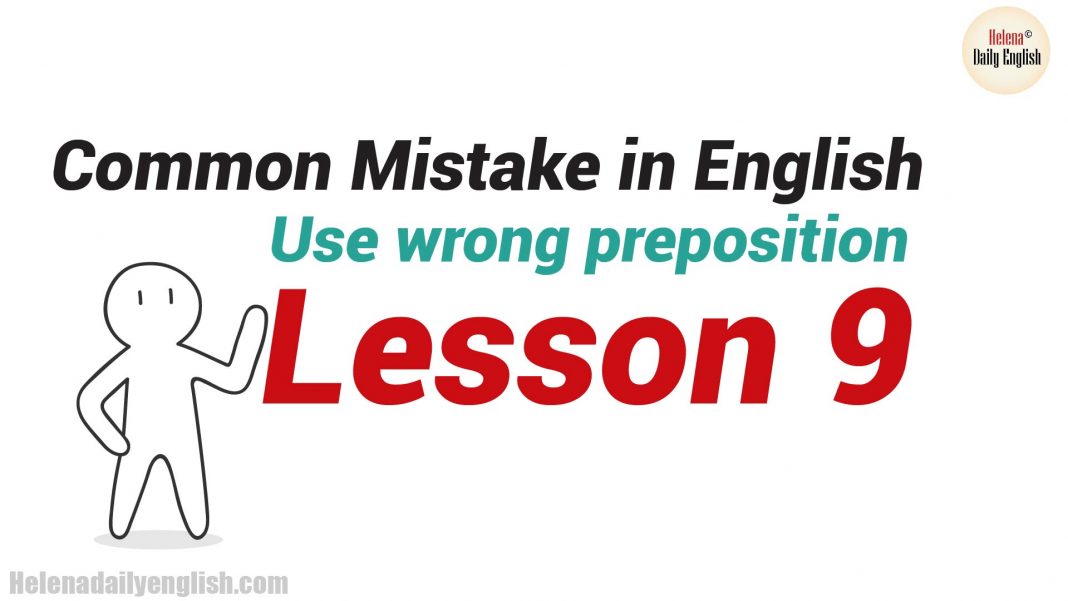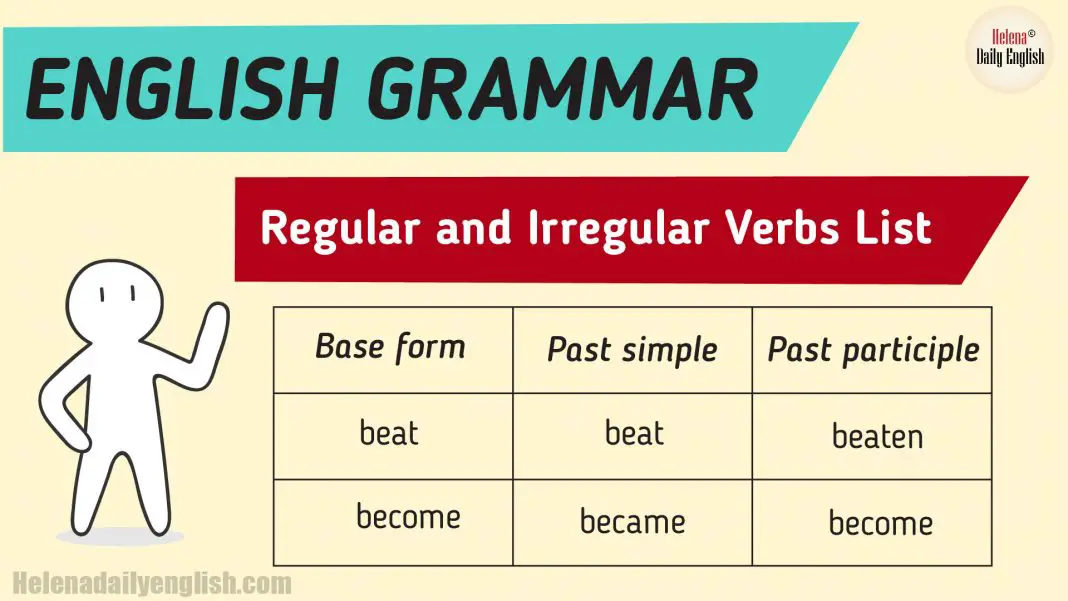Mistakes are often made by using the wrong preposition after certain words. The following list includes the words which most often give trouble:
We believe that you can speak English Correctly after avoiding these mistakes.
1. Prevent from + -ing.
- Don’t say: The rain prevented me to go.
- Say: The rain prevented me from going.
2. Succeed in + -ing.
- Don’t say: Paula succeeded to win the prize.
- Say: Paula succeeded in winning the prize.
3. Think of + -ing.
- Don’t say: J often think to go to England.
- Say: I often think of going to England.
4. Tired of t- -ing.
- Don’t say: The customer got tired to wait,
- Say: The customer got tired of waiting.
5. Used to + -ing.
- Don’t say: She’s used to get up early.
- Say: She’s used to getting up early.
6. Avoid + -ing.
- Don’t say: You can’t avoid to make mistakes.
- Say: You can’t avoid making mistakes.
Note: Also can’t help (= can’t avoid)
- Example: I can’t help laughing.
7. Enjoy + -ing.
- Don’t say: i enjoy to play football.
- Say: I enjoy playing football.
Note: Use the gerund or to + infinitive after verbs meaning to like or to dislike
Example: He likes reading English books, or He likes to read English books.
8. Excuse + -ing.
- Don’t say: Please excuse me to be so late.
- Say: Please excuse my being so late. Or: Please excuse me for being so late.
9. Finish + -ing.
- Don’t say: Have you finished to speak?
- Say: Have you finished speaking?
Note: To + infinitive or the gerund follow verbs meaning to begin
- Example: She began to speak, or She began speaking.
10. Go on (continue) + -ing.
- Don’t say: The music went on to play all day.
- Say: The music went on playing all day.
Note: Also keep on
- Example: She kept on playing the piano





